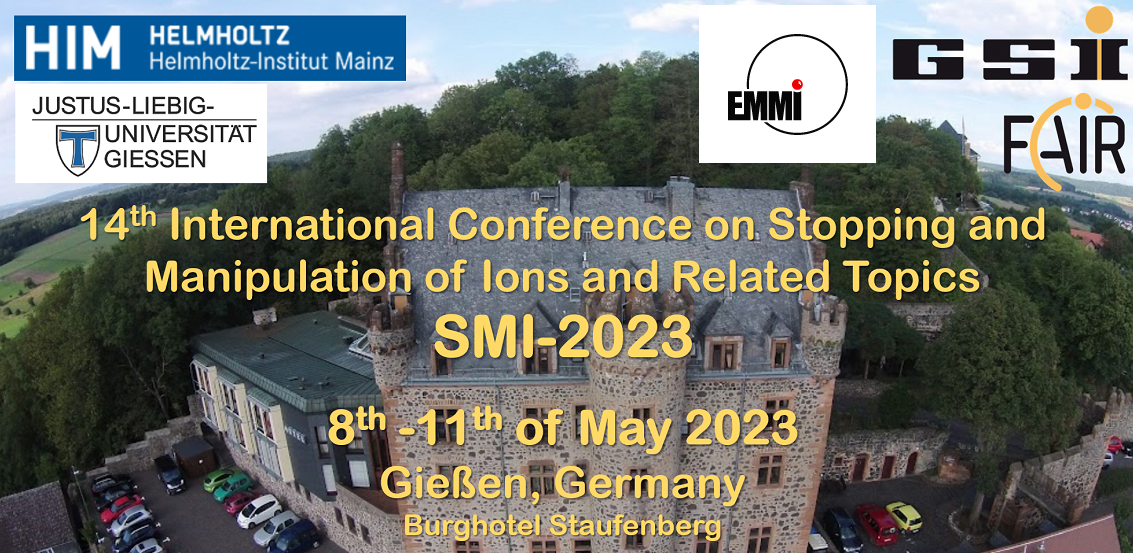Speaker
Description
A system is being developed to extract from liquid xenon into vacuum and subsequently identify the Xe-136 double-beta decay daughter isotope Ba-136. The system will consist of several devices starting with a capillary to transport the ion from liquid into a gas volume followed by a RF-only ion funnel to extract the ion to vacuum while recapturing the Xe gas for future use. Afterwards, the ion will be trapped in a linear Paul trap and identified via laser fluorescence spectroscopy. A Multi-Reflection Time of Flight mass spectrometer will verify the ion’s mass A=136 and support ion-extraction studies during the development phase. Different ion sources are also being developed, in particular an accelerator-based in-liquid Xe Ba-ion source.
This approach of ion extraction and identification is intended for a potential future upgrade to the neutrinoless double-beta decay (0νββ) experiment nEXO which will deploy 5 tonnes of liquid Xe enriched in the isotope Xe-136. An individual identification of the ββ-decay product allows for an ideally background-free measurement by vetoing naturally occurring gamma and beta backgrounds. This identification increases the experiment’s sensitivity to 0νββ and offers an unambiguous identification in case of a positive 0νββ signal.
In this presentation the various ion-transport methods under investigation will be discussed along with the status of their developments.

